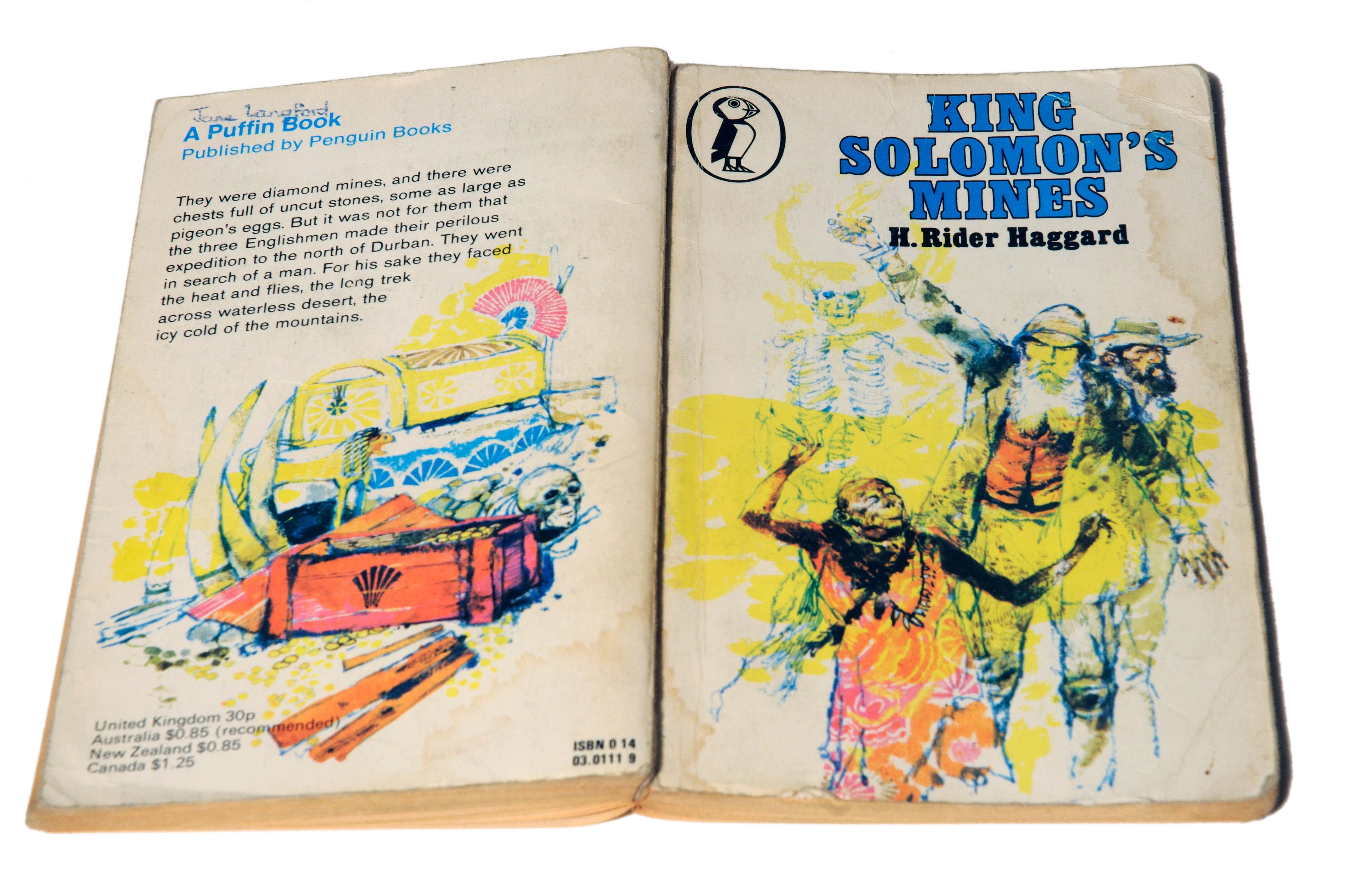How many people under 40 in Britain today do you think have read H. Rider Haggard’s King Solomon’s Mines? Five, six… 50? It’s hard to know. If you’re lucky – or unlucky, depending on your point of view – you might have bumped into the 1985 film version with Richard Chamberlain, Sharon Stone and Herbert Lom in the unloved crevices of the TV schedule when only insomniacs or household spiders are deemed to be a risk.
I ask the question because this year marks 100 years since the death of Sir Henry Rider Haggard as he was then, having been knighted in 1919, apparently for services to the British Empire – and things have obviously moved on a bit since then. Except, of course, they haven’t changed in his famous tale of adventure and lost treasure in Africa. And that’s both its curse and blessing.
Yes, it’s undoubtedly a bit blokey. But it was written in 1884, and you’d hardly tune into The Real Housewives of New York City today expecting a profound study of masculinity
It’s a curse because while none of the principal white characters in the novel is actively racist – in fact, I think one can argue the opposite – they nonetheless espouse certain opinions and make observations that are broadly consistent with 1885, the year the book was published, and many of them have not aged very well.

Get Britain's best politics newsletters
Register to get The Spectator's insight and opinion straight to your inbox. You can then read two free articles each week.
Already a subscriber? Log in







Comments
Join the debate for just £1 a month
Be part of the conversation with other Spectator readers by getting your first three months for £3.
UNLOCK ACCESS Just £1 a monthAlready a subscriber? Log in